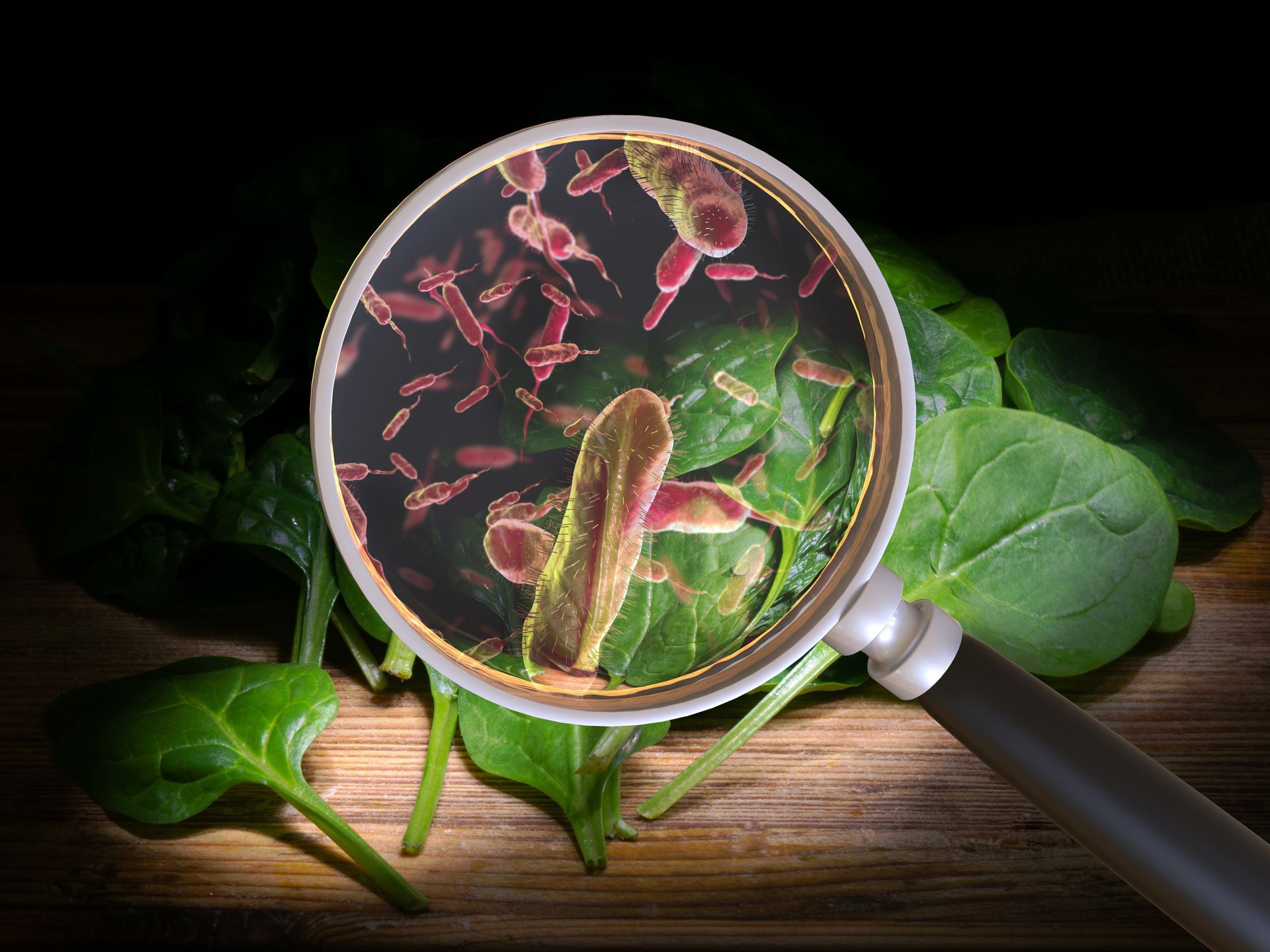Blog

Running a restaurant is a demanding job that comes with many responsibilities, and food safety is among the most critical. Foodborne illnesses can have severe consequences, from damaging your reputation to facing legal repercussions.
Implementing rigorous food safety protocols not only protects your business from health inspection violations and downgraded scores but also legal actions from disgruntled diners.
Proper Food Handling and Storage
Separation of Raw and Cooked Foods
One of the most fundamental principles of food safety is preventing cross-contamination. Raw foods, especially meats, can harbor harmful bacteria that can easily spread to ready-to-eat foods if not properly separated.
While most restaurant owners understand the risk of cross-contamination, ensuring employees follow handling guidelines for raw and cooked foods isn’t always easy. In addition to training and discipline, owners and managers may want to adopt obvious visual reminders to make mistakes less likely. For example, use color-coded cutting boards, utensils and cutlery to make cross-contamination mistakes less likely.
Safe Storage Practices
Store raw meats, poultry and seafood on the bottom shelves of refrigerators to prevent their juices from dripping onto other foods.
Also, make sure that all food items are properly covered and labeled with expiration dates. Ensure employees regularly check your inventory and dispose of any items that have passed their expiration dates or show signs of spoilage.
Maintaining the Cold Chain
Perishable items should be stored at appropriate temperatures to inhibit the growth of pathogens. Refrigerators should be set at or below 40°F (4°C) and freezers at 0°F (-18°C) or lower. Use temperature logs to monitor and record the temperatures of your refrigeration units regularly.
Proper Cooking Temperatures
Use a food thermometer to ensure that meats are cooked to safe temperatures: poultry should reach an internal temperature of 165°F (74°C), ground meats to 160°F (71°C) and steaks and roasts to at least 145°F (63°C).
Handwashing Protocols
Effective handwashing is one of the simplest yet most effective ways to prevent the spread of foodborne illnesses. Be sure that all staff members are trained in proper handwashing techniques, including washing with soap and warm water for at least 20 seconds. Handwashing stations should be easily accessible, with sufficient supplies of soap and disposable towels.
Cleaning and Sanitizing
Keeping your kitchen clean and sanitized is necessary for preventing contamination. Develop a cleaning schedule that outlines daily, weekly and monthly cleaning tasks. Use food-safe sanitizers to clean surfaces, equipment and utensils that come into contact with food. Ensure employees responsible for cleaning are trained to pay special attention to high-touch areas, such as doorknobs, light switches and equipment handles, which can harbor bacteria.
Chemical Safety
Cleaning chemicals are essential for maintaining a sanitary environment, but they can pose a risk if not handled properly. Store chemicals away from food preparation areas and make sure that they are clearly labeled. Train staff on the correct usage and storage of cleaning chemicals to prevent accidental contamination.
Comprehensive Training Programs
Regular training for all employees is crucial for maintaining food safety standards. Develop a comprehensive training program that covers all aspects of food safety, including proper food handling, temperature control, hygiene practices and emergency procedures. Provide ongoing training sessions to keep staff updated on new regulations and best practices.
Health and Hygiene Policies
Implement strict health and hygiene policies for your staff. Require employees to report any illnesses or symptoms of foodborne illness, such as vomiting, diarrhea or fever, and make sure that sick employees stay home until they are symptom-free. Provide clear guidelines on appropriate work attire, including hairnets, gloves and clean uniforms.
Internal Audits
Conduct regular internal audits to assess your restaurant’s compliance with food safety standards. Use checklists to make sure that all areas of your operation are covered, from food storage and preparation to employee hygiene and sanitation practices. Address any identified issues promptly and implement corrective actions.
Responding to Contamination Claims
- Document Everything: Maintain detailed records of food safety practices, including temperature logs, cleaning schedules, training records and internal audit reports, to demonstrate your commitment to food safety and protect your restaurant in case of legal action.
- Investigate and Address Complaints: Take customer reports of potential foodborne illness seriously, investigate promptly, review food handling processes and interview involved staff to identify any issues and deviations from standard practices.
- Cooperate with Health Authorities: Cooperate fully with health authorities' investigations by providing all requested documentation and access to your facilities to help resolve the situation quickly and mitigate potential damage to your restaurant’s reputation.
- Implement Corrective Actions: If any source of contamination is identified, take immediate corrective actions such as retraining staff, revising procedures or upgrading equipment to prevent recurrence.
We Will Help Defend Your Atlanta, GA Restaurant Against Contamination Claims
If you’re seeking a trusted liability defense law firm in Atlanta to defend your Atlanta restaurant against contamination claims, connect with a business litigation attorney at the Law Office of Cameron Hawkins.
Contact us today here on our website or give us a call at 678-921-4225 to see how we can help you.











